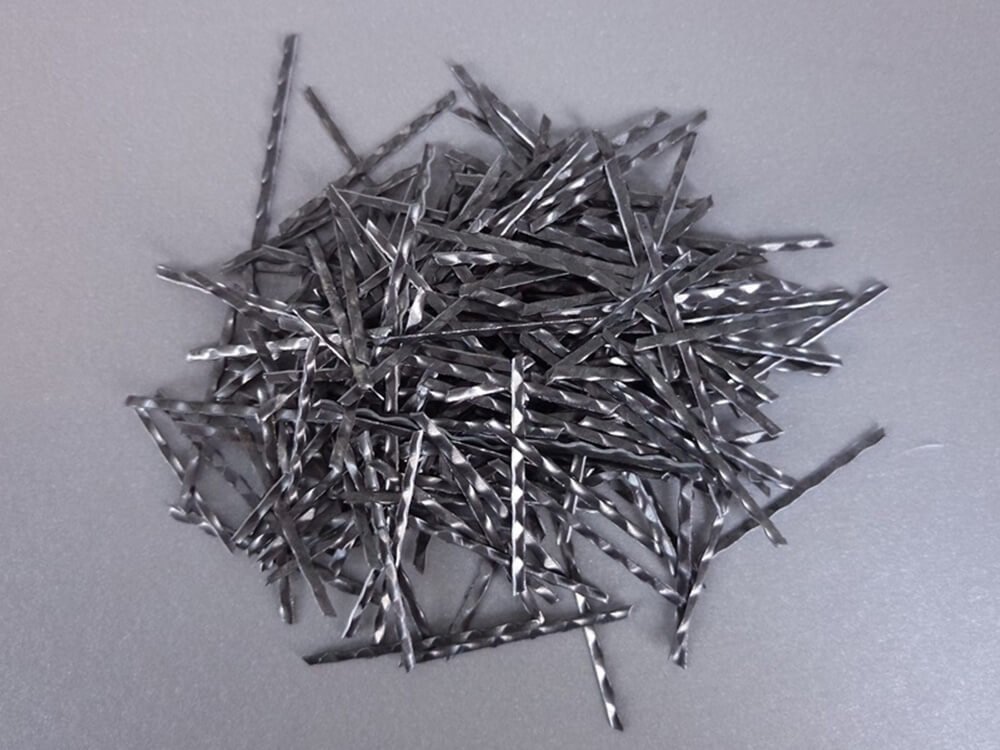Steel fibers are a popular additive in concrete mixtures, offering enhanced strength and durability to structures. This article explores the benefits and cost considerations of using steel fibers for concrete reinforcement. Discover how steel fibers can improve concrete performance while optimizing project budgets.
What are Steel Fibers for Concrete?
Steel fibers are small, uniformly dispersed reinforcing elements added to concrete mixtures. These fibers act as mini-reinforcements, improving the overall tensile and flexural strength of concrete. They are typically made of high-strength steel and come in various shapes, such as hooked, crimped, or straight, depending on the specific application requirements.
Benefits of Steel Fibers for Concrete
- Increased Strength and Toughness:
Adding steel fibers to concrete enhances its ability to withstand cracking and improves its overall strength. The fibers act as reinforcement throughout the concrete matrix, providing better resistance to impact, fatigue, and dynamic loads. This results in structurally sound and durable concrete elements. - Crack Control and Improved Durability:
Steel fibers help control and limit crack propagation in concrete. By distributing stress more evenly, they reduce the width and length of cracks that may occur due to shrinkage, thermal expansion, or external forces. This improves the long-term durability of concrete structures and minimizes maintenance and repair costs. - Enhanced Structural Performance:
Steel fiber-reinforced concrete exhibits superior performance in terms of resistance to high temperatures, blast effects, and seismic forces. The added strength and ductility provided by steel fibers contribute to the overall stability and safety of structures, making it an ideal choice for demanding applications.
Cost Considerations and Price Factors
- Cost-effectiveness:
While the initial cost of steel fibers may be higher than traditional reinforcement methods, the overall cost-effectiveness becomes evident when considering the reduced need for additional reinforcement, labor, and maintenance. The enhanced performance and extended service life of steel fiber-reinforced concrete can offset the higher upfront investment. - Factors Affecting Price:
The price of steel fibers for concrete can vary depending on several factors. These include the type and quality of steel used, fiber length and diameter, the required volume of fibers, and the supplier’s pricing structure. It is essential to consider these factors and consult with suppliers to determine the most suitable and cost-effective option for a specific project.
Conclusion:
Steel fibers offer a cost-effective solution for enhancing the strength and durability of concrete structures. By adding steel fibers to concrete mixtures, project owners and engineers can achieve superior performance, crack control, and increased structural integrity. While the price of steel fibers should be considered, the long-term benefits, reduced maintenance costs, and extended service life make them a valuable investment in construction projects.
